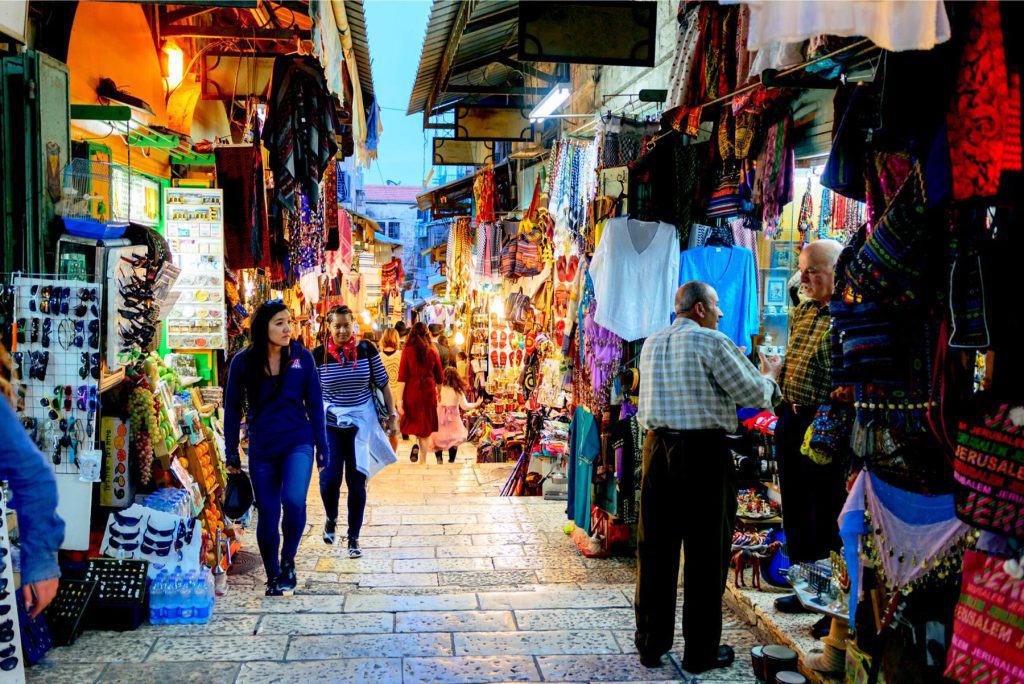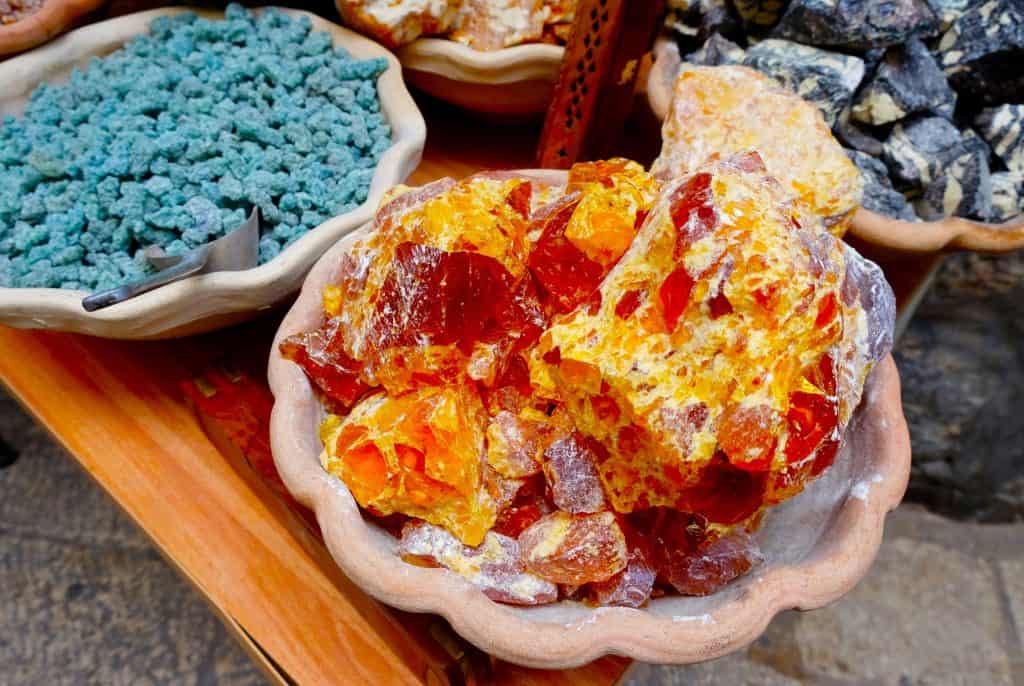Frankincense, also known as olibanum, is a resin derived from the Boswellia tree, native to the Arabian Peninsula and northeastern Africa. It has been highly prized for its medicinal and spiritual properties since ancient times and has played a significant role in the cultures and economies of the ancient world.
In ancient Egypt, frankincense was considered a sacred substance and was used in the embalming process to preserve the bodies of the deceased. It was also used in religious rituals and as an offering to the gods. The Egyptians imported large quantities of frankincense from the Arabian Peninsula to make incense, perfumes, and medicine.
Old City Jerusalem Tour

The Babylonians and Assyrians also valued frankincense for its medicinal properties and used it to treat various ailments, including respiratory, digestive, and skin. They also burned frankincense as incense during religious ceremonies and believed it had the power to ward off evil spirits.
Frankincense was also highly prized in ancient Greece and Rome, where it was used as a perfume, incense, and medicine. It was considered a luxury item and was often traded along the Silk Road, a network of trade routes connecting China, India, and the Mediterranean. The Greeks and Romans believed that frankincense had healing properties and used it to treat various ailments, including headaches, respiratory problems, and inflammation.

In addition to its medicinal properties, frankincense was valued for its spiritual and religious significance. It was used in the religious ceremonies of various cultures, including Judaism, Christianity, and Islam. The Bible mentions frankincense several times, and it was one of the gifts that the Magi brought to baby Jesus. Frankincense is still used in traditional medicine and produces incense, perfumes, and cosmetics. It is also used in aromatherapy and is believed to have a calming effect on the mind and body.
The Nabataean Incense Route

In conclusion, it has played an essential role in the cultures and economies of the ancient world. It was valued for its medicinal properties and its spiritual and religious significance. It continues to be a popular substance with many uses and benefits.

